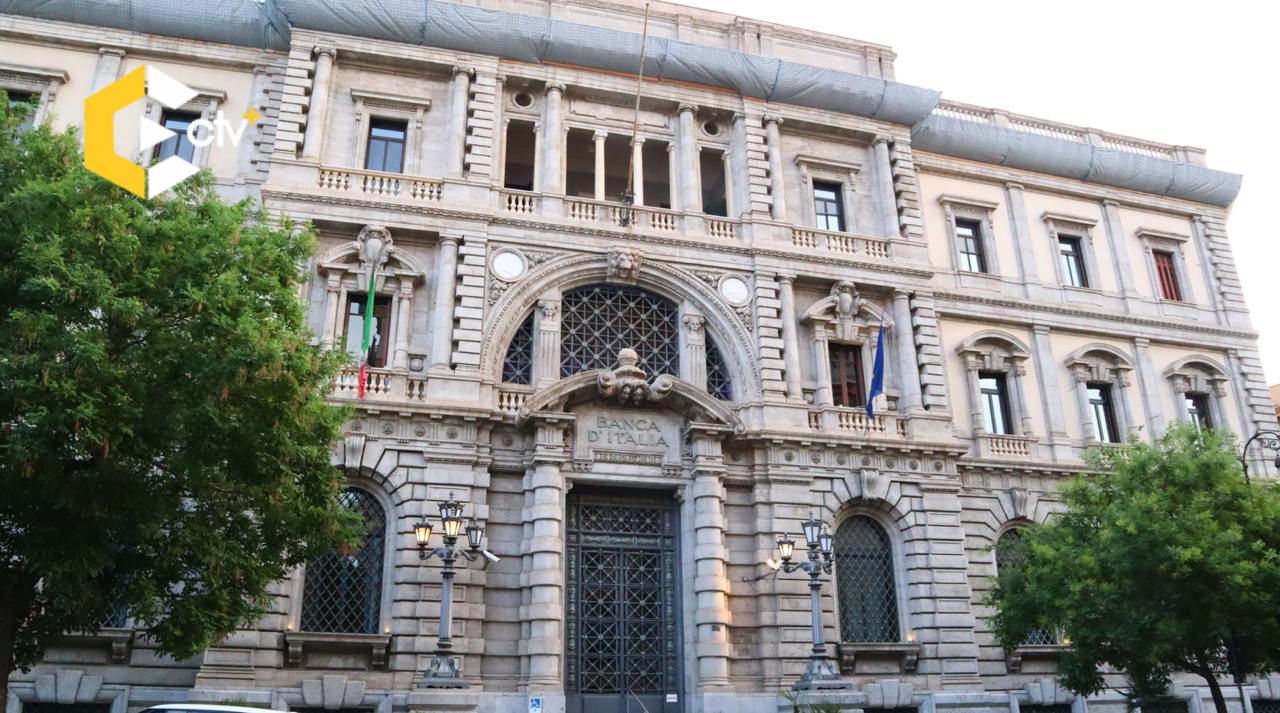News
Italy’s Central Bank Warns: Crypto Ties Could Shatter Trust in Banks

Fabio Panetta, who serves as both a European Central Bank policymaker and the Governor of the Bank of Italy, urged on Friday that banks carefully scrutinize their involvement in crypto-assets due to the reputational dangers that could arise and damage customer confidence.
Panetta, speaking during the release of the Bank of Italy’s yearly financial report, warned of the strengthening relationship between crypto-assets and mainstream finance, drawing attention to the mounting number of alliances between banks and digital asset players.
“Crypto-asset holders might not fully understand their nature and conflate them with traditional banking products, with potentially negative repercussions for confidence in the credit system should losses occur,” Panetta said.
In January, Intesa Sanpaolo, Italy’s largest bank, conducted what CEO Carlo Messina referred to as “a test” by purchasing €1 million worth of Bitcoin, the leading digital currency.
In 2023, Intesa launched its own digital asset trading desk and began executing spot transactions involving crypto-assets last year.
According to Bloomberg on Thursday, Spain’s Santander is exploring a broader move into digital assets, which includes preliminary plans to launch a stablecoin and provide cryptocurrency access to retail users of its digital bank.
Stablecoins, which intend to hold consistent value relative to currencies or assets, may pose risks to traditional payment channels, especially if foreign tech giants heavily promote them, Panetta cautioned.
“In the absence of adequate regulation, their suitability as a means of payment is doubtful, to say the least,” he said.
He warned that regulators would misjudge the situation if they relied solely on crackdowns to limit the spread of crypto-assets, including stablecoins.
Panetta’s comments reflect the position of ECB Executive Board member Piero Cipollone, who supports introducing a digital euro due to the increasing dominance of US dollar stablecoins, which currently occupy 97% of the stablecoin market.
In October 2023, Panetta left his role on the ECB Executive Board, and Cipollone succeeded him.
A few weeks following Panetta’s report, Tether, the company behind the largest US dollar-backed stablecoin, USDT, justified its choice to forgo MiCA registration for USDT in early May.
“MiCA license is very dangerous when it comes to stablecoins, and I believe that is even more dangerous for the small, medium banking system in Europe,” Tether CEO Paolo Ardoino said at the time. This was a re-echo of what he said in October last year, where he said that under MiCA, a single stablecoin issuer might be required to hold billions of dollars in EU banks which in the worst-case scenario could trigger a liquidity crisis which could affect not just the stablecoin market but the broader financial ecosystem.
The European Central Bank is taking steps to introduce a digital version of the euro, aiming to preserve the authority of central bank money amid the rise of private digital options.













352 Comments